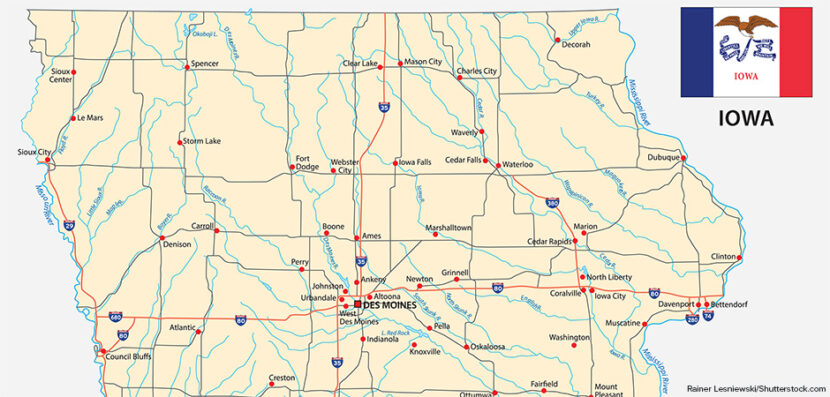- Current Events New Alabama Congressional District Selects Candidates
- Current Events Nebraska Rejects Winner-Take-All Proposal
- Citizenship Voting Under Age 18
- Citizenship Citizenship in Action
- Democratic Party Biden’s and Trump’s Recent Primary Results
- Elections Trump and Biden Win South Carolina and Michigan Primaries
What is the Iowa Caucus?
BREAKING NEWS!
The Iowa caucus was held last night, Monday, February 3, 2020. Unfortunately, the smartphone app system that was used to collect and report the individual caucus results from the many precincts across the state did not operate as planned. As of Tuesday morning, no official results in the Democratic caucus have been reported by the news media. This is because the Iowa Democratic Party is still trying to gather the results.
Helpful Link: Use the All About the 2020 Election page to keep track of the results of the primaries when they occur and to also track the changing list of Democrats who are running for the nomination.
***
For the past year–and more!–the nation has watched while Democrats have vied to become the candidate who will take on the Republican nominee (presumably, Donald Trump) in the upcoming 2020 presidential election. The pool of people to watch has grown and shrunk as potential candidates threw their hat into the ring while others stepped back out of the limelight. In fact, the October Democratic debate was the most crowded presidential debate stage in American history. All of it has been leading up to this week: the critical and much-anticipated Iowa caucus.
But what exactly is the Iowa caucus? Is it the same thing as a primary? And what makes it so important? Here, Election Central takes a closer look at this unique election process, and why it matters.
What Is a Caucus?
In order to understand the Iowa caucus, it’s important to understand how presidential nominees are chosen in the first place. In July 2020, the Democrats will hold their national convention. At this giant meeting (taking place this year in Milwaukee, WI), the presidential nominee will be decided. So, how is it decided? Each state is allowed to send a certain number of delegates to the convention. Those delegates vote for a nominee, and so whoever receives the most delegate votes becomes the winner.
So, in essence, the Iowa caucus isn’t about choosing a candidate: it’s about choosing delegates, who will then go on to cast a ballot for a particular candidate.
How Does It Work?
Iowa Democrats have a very unique caucus system. (Interesting to note is that Iowa Republicans don’t follow this method; instead, they cast ballots in a more traditional style.) The caucus takes place all over the state, at churches and schools and town halls. In order to caucus, you go to one of these places and literally stand in the part of a room designated for a particular candidate.
This year, you can even declare your preferred candidate from the comfort of your own home, by using your smartphone. There is no secret ballot, and the entire process usually takes about an hour. They are also “open,” meaning that any registered voter in the state can participate (even though a very small percentage actually do). How much support each candidate gets determines their SDE: their “State Delegate Equivalent,” or how many delegates he or she receives.
Initially, this week’s caucus will determine 11,402 delegates from across the state. From there, these delegates move to county conventions on March 21. This pool is further winnowed at the congressional district and state level until finally, 41 delegates from Iowa will attend the national convention in Milwaukee. To add a further twist: delegates are not required to vote for their candidate at the convention, meaning that they can switch their support after the caucus if they want to.
Why Does Iowa Matter?
Really, 41 delegates isn’t a lot. In fact, a candidate needs at least 1,991 delegates to become the nominee. So if Iowa’s delegates represent only 1 percent of the total delegates at the national convention, who cares how they vote?
The answer is that as with many things in the political world, perception is more important than reality. The Iowa caucus is first, meaning that the outcome has the potential to affect all of the other primaries: in other words, people in other states might see that a particular candidate performs very well or very poorly in the Iowa caucus, and that might influence future votes. For this reason, Iowans have managed to choose the eventual Democratic nominee in the last seven out of nine elections (and every single one in the past twenty years).
And that’s why a handful of people standing in a library or a school gymnasium in Iowa this week might well be determining the next president.



